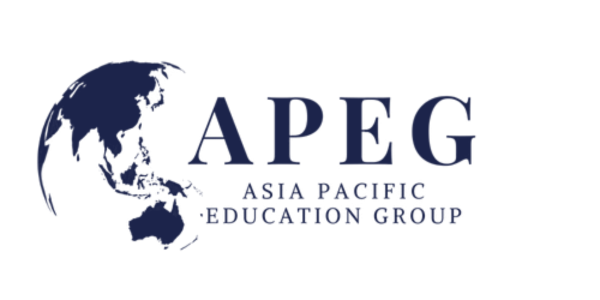APEG, TUP-Manila, and Don Bosco Explore CHED-Backed Academic Partnership
In September 2024, representatives from the Asia Pacific Education Group (APEG), the Technological University of the Philippines-Manila (TUP-Manila), and Don Bosco Technical College met with the Commission on Higher Education (CHED) to discuss a potential academic partnership. The meeting focused on aligning institutional goals with CHED regulations to ensure a compliant, high-quality collaboration.
Strengthening Collaboration Through Compliance
APEG emphasized its commitment to regulatory alignment, recognizing CHED’s role in approving academic programs. The group aims to meet national standards in curriculum, faculty qualifications, and student support while offering internationally recognized programs.
Shared Goals, Complementary Strengths
APEG’s global approach to education complements TUP-Manila’s technical focus and Don Bosco’s strength in vocational training. Together, they plan to create programs that are industry-relevant, hands-on, and globally competitive.
Enhancing Mobility and Opportunity
A key goal of the partnership is to improve academic mobility, allowing students to transfer credits and pursue further studies or careers locally and abroad. APEG’s international network will support this vision by aligning programs with global standards.
Next Steps
The institutions committed to working with CHED to finalize program structures and ensure compliance. This partnership aims to serve as a model for collaborative, future-ready education in the Philippines.

